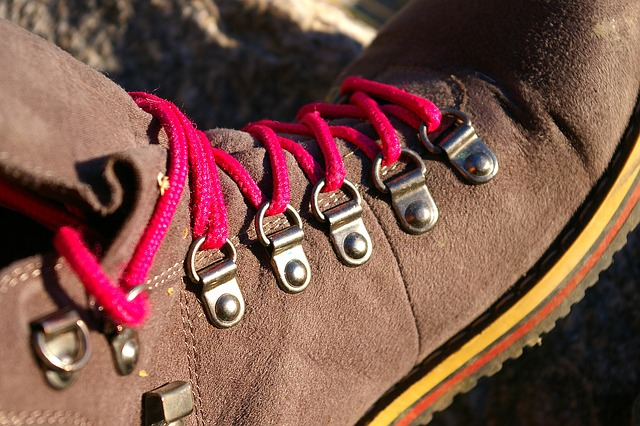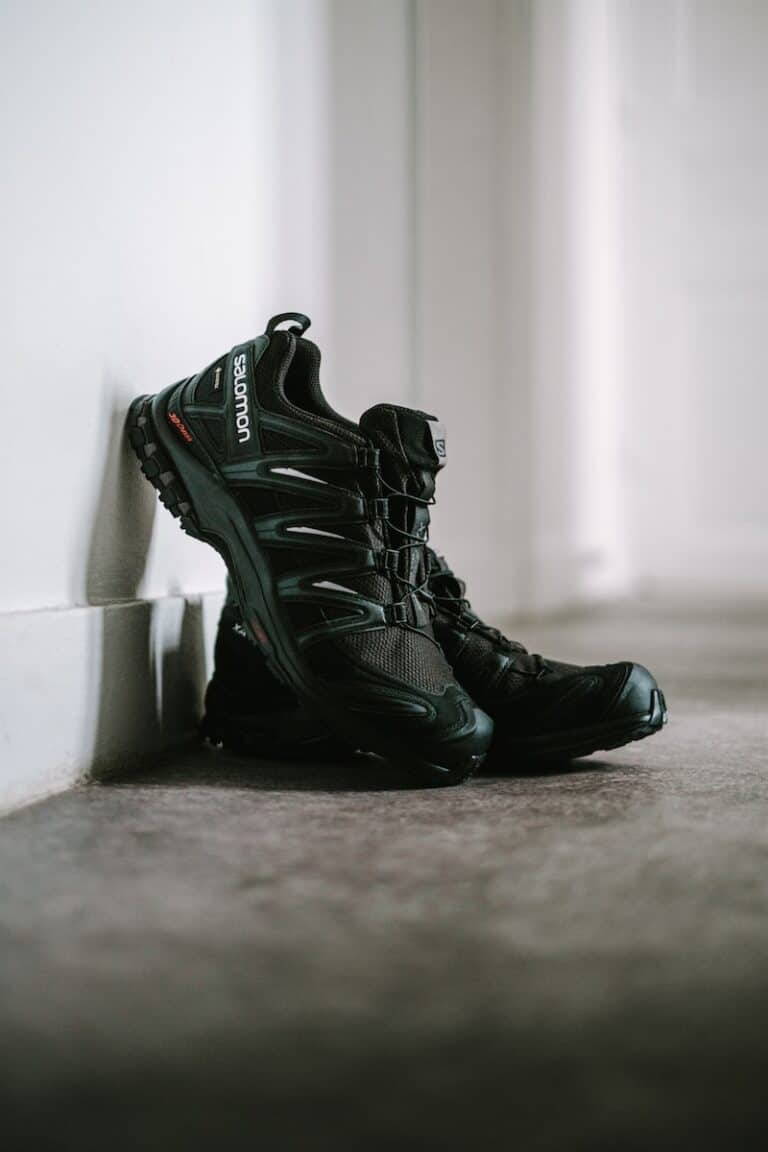The world of running has seen a constant evolution of shoes geared towards catering to different running surfaces. From traditional road running shoes to the more specialized trail running shoe, every runner has a variety of options to choose from. But can you do road running in trail shoes?
The answer to this question is not a simple yes or no, as it depends on various factors such as the type of trail shoes, the trail runners preferences, and the specific road conditions. In this article, we will explore the pros and cons of road running in trail shoes and provide insights into when it might be a good idea to switch between different types of running shoes.

The Differences Between Road and Trail Running Shoes
To understand the feasibility of road running in trail shoes, it is essential to know the fundamental differences between road and trail running shoes. Trail running shoes are designed specifically for off-road terrain, providing enhanced traction, stability, and protection from rocks and other obstacles. Road running shoes, on the other hand, are built for smooth, paved surfaces and focus on providing cushioning and responsiveness for a comfortable run.
Trail running shoes typically have a more aggressive outsole, with deep lugs and a sticky rubber compound for better grip on uneven terrain. Road shoes have a flatter outsole with a smoother tread pattern for optimal contact with the ground. Trail shoes also tend to have a more durable upper, with reinforced materials to protect against sharp rocks and debris. The toe box in trail running shoes is usually wider to accommodate foot swelling and provide extra protection against impacts.
Pros of Road Running in Trail Shoes

1. Protection from unexpected obstacles: While road running surfaces are generally smooth and free of obstacles, there may be instances where you encounter uneven terrain, sharp rocks, or debris. Trail running shoes offer better protection against these hazards, thanks to their durable construction and rock plates.
2. Better traction in wet conditions: If you’re running on wet pavement or during rainy weather, trail shoes may provide better traction than road shoes due to their aggressive outsole.
3. Versatility for mixed terrain runs: If your road running route includes sections of dirt, gravel, or grass, wearing trail running shoes can ensure you have the proper traction and stability for those surfaces.
Cons of Road Running in Trail Shoes
1. Reduced responsiveness and energy return: Trail running shoes typically have a stiffer midsole, which can reduce the amount of energy return and responsiveness experienced during road running. This can make your run feel more tiresome and less efficient.
2. Increased wear and tear on outsole: Using trail running shoes on the road can cause the aggressive lugs to wear down faster due to the friction with the pavement.
3. Heavier weight: Trail running shoes are usually heavier than road running shoes due to the added durability features, which can make road running feel more sluggish.
Tips for Road Running in Trail Shoes
1. Choose a hybrid trail and road shoe: Some models, such as the Salomon Sense Ride, are designed to work well on both trail and road surfaces. These shoes strike a balance between the grip and protection of a trail shoe and the cushioning and responsiveness of a road shoe.
2. Use trail running shoes for shorter distances or easy runs: If you decide to wear trail running shoes for road running, consider using them for shorter distances or easy-paced runs, where the reduced responsiveness and energy return may be less of an issue.
3. Rotate between road and trail shoes: If you frequently run on a mix of road and trail surfaces, consider alternating between road and trail running shoes to ensure you have the appropriate footwear for each run.
Conclusion Can You Do Road Running in Trail Shoes
In conclusion, road running in trail shoes is possible, but it may not be the best option for every runner or every run. While trail running shoes offer advantages such as better traction and protection, they may also hinder your running performance on the road due to their reduced responsiveness and heavier weight. Ultimately, the decision to wear trail running shoes for road running depends on the individual runner’s preferences, the specific road conditions, and the type of trail shoe. If you do decide to give road running in trail shoes a try, consider following the tips mentioned above to make the most of your experience.
